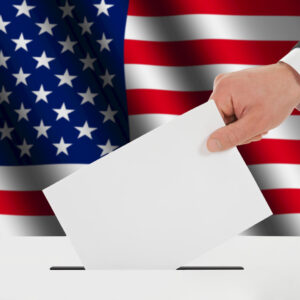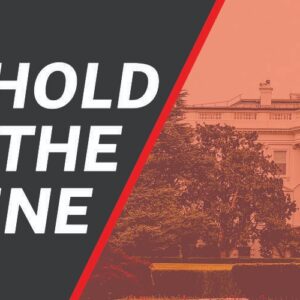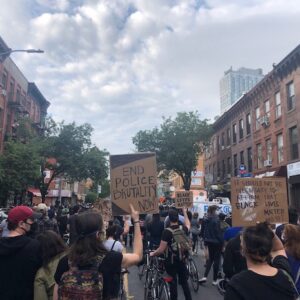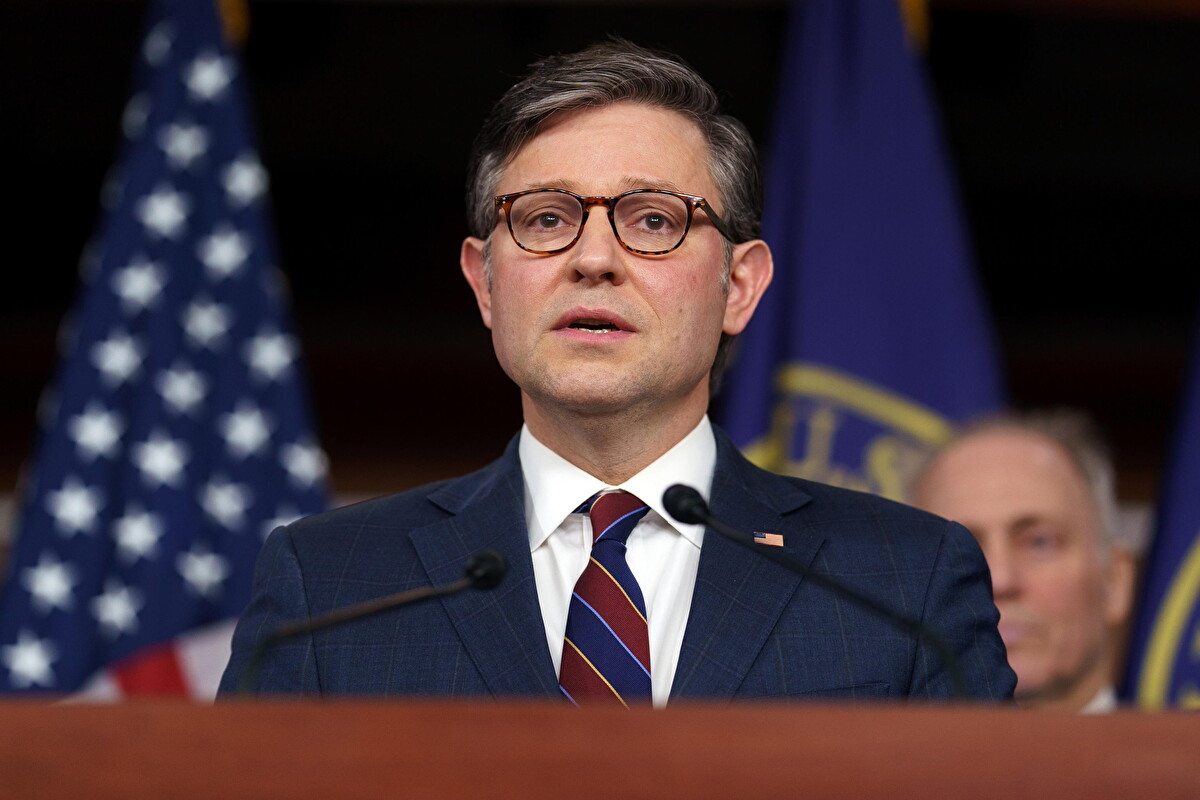Election day this year is not being viewed as the day to cast one’s ballot so much as the deadline to do so. Over the last two months, an unprecedented 90 million Americans across the country have already voted early and voted by mail. This is partly thanks to extended voting periods and expanded access as a response to the COVID-19 pandemic, but some are taking advantage of these programs out of fear that their vote may not be counted if cast tomorrow.

Such fears are not unfounded, as President Trump has consistently cast doubt on the election process, making spurious claims of voter fraud and refusing to state that he would accept the election results with no equivocations. Never before has an incumbent president threatened the democratic process in this way, and it begs the question as to what our options are as citizens if the President refuses to accept the election results or to let every vote be counted. A coalition of activist and organizer led groups has emerged to address these concerns.
First among these organizations is Choose Democracy, whose stated mission is “to prepare as many Americans as possible for the possibility of an undemocratic power grab or coup in November.” The group describes itself as a purpose-built coalition of activists from various backgrounds (e.g environmental justice, civil rights) united to inform and train people for this particular situation. This is mainly done through online training seminars, one of which I attended recently. The organizers guiding the session were George Lakey and Dwight Dunston, two political activists from the Northeast. George is a giant in the world of nonviolent protest, having participated in political activism on the international scene for fifty years and contributed to the surrounding academic literature. Dunston is at least forty years his junior, a multidisciplinary artist and fellow activist working out of Philadelphia. Both are part of the Earth Quaker Action Team, an environmental activist group with roots in the Quaker faith.

From the start of the meeting at 7 pm, there were already five hundred people in attendance. Despite the serious concerns that had brought these activists and attendees together for this session, George and Dwight bring an almost-cheerful tone to the proceedings – this wasn’t a war room, but a gathering of people with shared values learning how to express them. The group chat immediately rolled out messages from participants expressing their satisfaction and relief at finding such a large group of like-minded people.
Lakey started the session by emphasizing the delicate complexity of the situation, saying that “social change” is to “defeating a coup” as “checkers is to chess.” The key factor in the latter situation was to be more mindful of the “center” than the “opposition.” He defined that “center” as the institutional heads, “managers of systems” writ large – heads of schools, finance, essential government services etc. In Lakey’s experience, these managers “usually determine[d] the outcome” of a coup depending on who they sided with. He and Dunston relate historical examples of this, like the failed 1920 putsch in Germany, where the would-be dictator Wolfgang Kapp, confident with his military backing, took over government buildings only to find that they were empty. All the civil servants had abandoned their posts as part of a general strike backed by the government: the “center” had successfully denied Kapp authority, despite him having violent means of coercion at his disposal.
Lakey and Dunston went through other examples from history, from Thailand in 1992 to Argentina in 1987, the through-line being that they were all successful nonviolent actions against would-be coup plotters. The commitment to that aspect was not just a moral consideration, but a practical one: according to these examples, nonviolent anti-coup movements tended to “boomerang” the effects of violent attacks, persuading the ever-valuable “center” to choose their side. To the question of what should be done when a nonviolent action is met with force, they encouraged activists to “slow things down” as tensions are rising. “When in doubt, sit down or walk away,” said Lakey. Drawing from his extensive experience, he described the mindset needed in those situations as intuitive rather than intellectual, a mindfulness for the “primal communication between bodies.”
“The training helped assuage my sense of helplessness,” said Molly Grover, an activist and organizer from Vermont. She found out about Choose Democracy from a friend who is already hooked into the Quaker activist community. “It was inspiring to see hundreds of people from around the country gathered to learn about these age-old tools for political change.” Molly was one of the many attendees that took it upon herself to also spread the word about Choose Democracy’s plan for action, conducting her own online seminars for her network of friends and family using their blueprint.

While Choose Democracy has their own method of spreading knowledge of the tools for non-violent action, they also promote other organizations doing similar work. On their website is a link to a downloadable document called “Hold The Line: A Guide To Defending Democracy,” which goes into detail about actions one can take for our particular situation today. The four activists and organizers who authored it got started after the President shut down peaceful protests in Washington D.C. this summer. “Seeing this as a severe abuse of power—and an indication of the lengths Trump might go to try to stay in office—the four of us got together and produced this guide over the course of several months.” The Choose Democracy site also links to Protect The Results, a “joint project between Indivisible and Stand Up America (two national progressive organizations) to protect the valid results of the 2020 election.” Their webpage has a map for events across the country to be held on November 4th.
President Trump recently said that he will mobilize lawyers “the night of, as soon as the election’s over” to stop the count in any states where it isn’t already finished. It is worth noting that while rules vary state by state, ballots coming in and being counted after election day is normal practice, and stopping the process would be unprecedented. Between the President openly engaging in anti-democratic tactics and a summer marked by protests that at times have turned deadly, many are resorting to drastic and cagey solutions, as gun sales have shot up across the country this year. Nonetheless, Molly has faith in the nonviolent strategies of Choose Democracy for the 2020 election and beyond: “we have a lot of powerful interests to work against in the coming years to ensure the survival of our species, and I believe the unifying and humane approach of nonviolent action will be essential to our success.”











